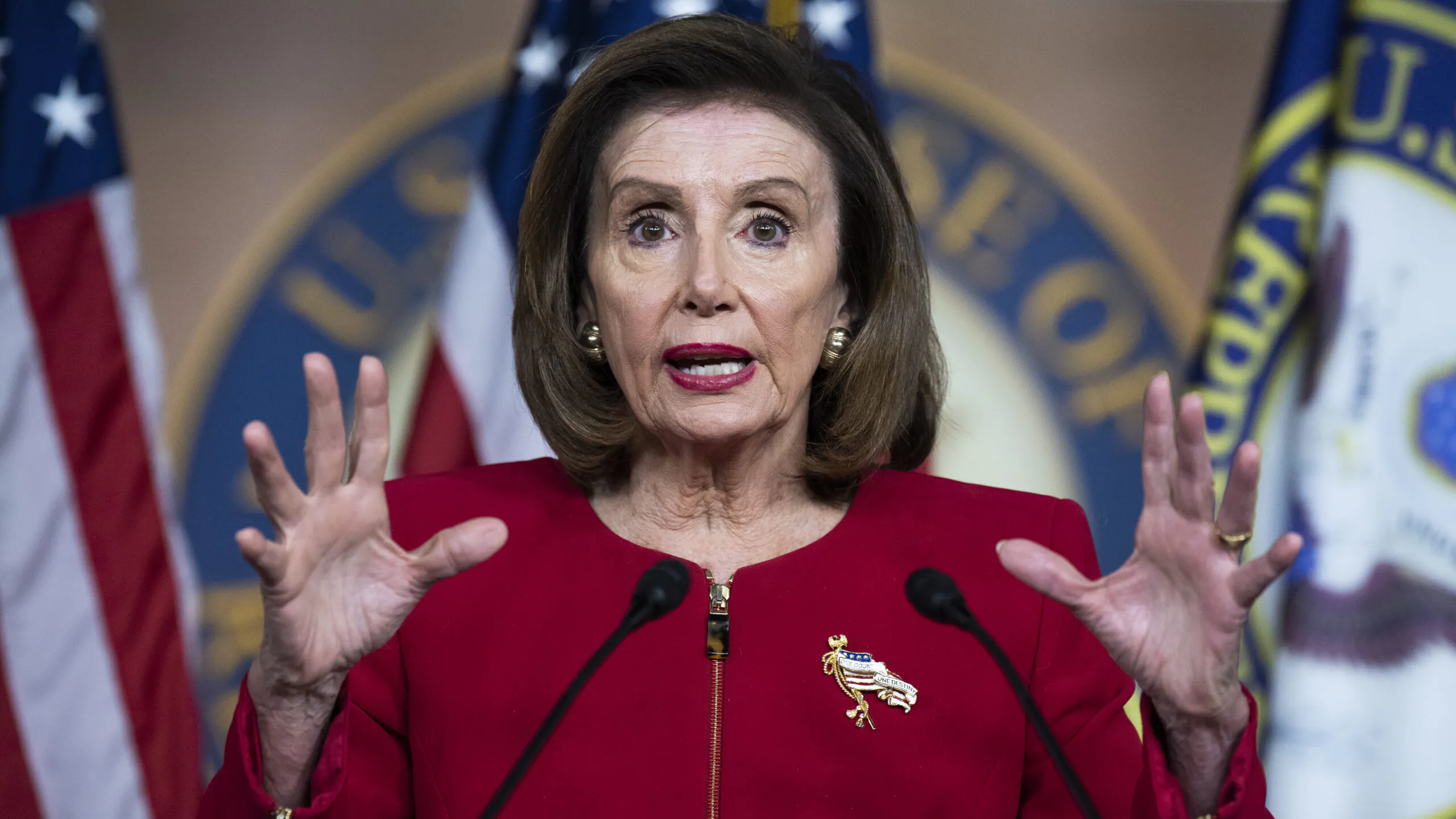Democrats on the House Ways and Means Committee — which plays a key role in determining tax policy and other fiscal measures — are drafting a proposal to raise $2.9 trillion in new taxes.
The proposed tax hikes — which would occur over the course of ten years — were introduced by Ways and Means Committee Chairman Richard Neal (D-MA) as Congressional Democrats attempt to pass a separate $3.5 trillion social welfare agenda without any support from Republican colleagues. The outline of the omnibus legislation — which incorporates key elements of the American Jobs Plan and American Families Plan — includes universal pre-K, ‘tuition-free’ community college, a paid family and medical leave handout, additional health benefits for Medicare, and a “Civilian Climate Corps.”
The Democrats’ bill would follow President Biden’s $1.9 trillion American Rescue Plan, which intended to stimulate economic activity following COVID-19 and the lockdown-induced recession.
Indeed, the Democrats’ tax hikes mark another milestone in codifying President Biden’s domestic spending agenda. Although Rep. Neal’s proposal did not perfectly match the Commander-in-Chief’s preferred tax rates in some instances, the possible changes to the tax code match the overall framework of President Biden’s campaign platform — which blasted President Trump for allegedly rewarding “wealth over work” and called for rollbacks of many key provisions in the Tax Cuts and Jobs Act of 2017.
Here’s what you need to know about the Democrats’ new tax increases — and how they may end up lightening your wallet.
Tax Increases
The proposal suggests raising the income tax, the corporate tax, and the investment tax, as well as introducing an additional surtax on wealthy Americans.
Income Taxes
The policy would increase the top marginal individual income tax rate from 37% to 39.6%, reversing the cut enacted by Republicans four years ago.
Married couples filing jointly with taxable income over $450,000; heads of households with taxable income over $425,000; unmarried individuals with taxable income over $400,000; and married individuals filing separately with taxable income over $225,000; and estates with taxable income over $12,500 would all be subject to the new benchmark.
The proposal is in line with the Biden administration’s desired 39.6% top income tax rate.
Corporate Taxes
After Republicans decreased the corporate tax from 35% to 21%, Democrats want to introduce a graduated rate structure that would cut into the profits of medium and large corporations.
A corporation’s first $400,000 of income would be taxed at 18%. Income up to $5 million would then be taxed at 21%, and any additional earnings would be subject to a 26.5% tax.
President Biden, however, prefers a slightly higher 28% corporate tax rate.
Capital Gains Taxes
The long-term capital gains tax — which applies to appreciated investments sold after at least one year of ownership — for those earning above $500,000 would increase from 20% to 25%. Combined with the existing 3.8% surtax, the total tax would rise to 28.8%.
The Biden administration has previously suggested a significantly higher 39.6% tax on long-term capital gains and dividends.
Estate Taxes
The tax proposal also includes a 3% surcharge on adjusted gross income above $5 million for high-income earners, estates, and trusts. The change marks a significant reduction from the current $11.7 million estate tax exemption, which was enacted under the Trump administration.
Other Changes
Beyond increases to the most important revenue generators for the federal government, the proposal involves several extraneous changes to American tax policy — including a boost in enforcement funding, new taxes for niche products, and handouts for various special interests.
IRS Enforcement
The policy would allocate nearly $79 billion to the Internal Revenue Service for “enforcement activities and increasing voluntary compliance, and modernizing information technology to effectively support enforcement activities.” The Biden administration first floated the idea earlier this year as a tool to crack down on tax evasion and raise an additional $700 billion for the federal government.
The proposal also clarifies that “no use of these funds is intended to increase taxes on any taxpayer with taxable income below $400,000.”
Forced Retirement Account Distributions
Among the changes to Americans’ retirement accounts is a “minimum distribution” for high-income individuals.
Americans who earn over $450,000 in a joint return and hold traditional IRAs or Roth IRAs with balances above $10 million will have to distribute 50% of the “amount by which the individual’s prior year aggregate traditional IRA, Roth IRA, and defined contribution account balance exceeds the $10 million limit.” Accounts with balances above $20 million will be subject to a 100% minimum distribution rule.
More Taxes On Tobacco
The Democrats’ tax plan would also double the existing excise tax on popular tobacco products — including cigarettes and small cigars — from $50.33 per thousand to $100.66 per thousand.
Meanwhile, the provision “changes the tax on large cigars from an ad valorem basis to a weight basis at the rate of $49.56 per pound, but not less than 10.06 cents per cigar,” while also increasing taxes for smokeless tobacco — such as chewing tobacco, pipe tobacco, and snuff.
The policy would also tax all nicotine products to match the new rate for cigarettes.
Tax Credits For Journalists
Among the groups that stand to gain from the new tax policy are “local news journalists.”
The provision creates an “employment tax credit for each calendar quarter wages, not to exceed $12,500, paid to local news journalists by an eligible local newspaper publisher.” An “eligible local newspaper publisher is any employer that is in the trade or business of publishing a local newspaper that serves the needs of a regional or local community and who employs no more than 750 employees.”
The views expressed in this opinion piece are the author’s own and do not necessarily represent those of The Daily Wire.

Continue reading this exclusive article and join the conversation, plus watch free videos on DW+
Already a member?

.png)
.png)

